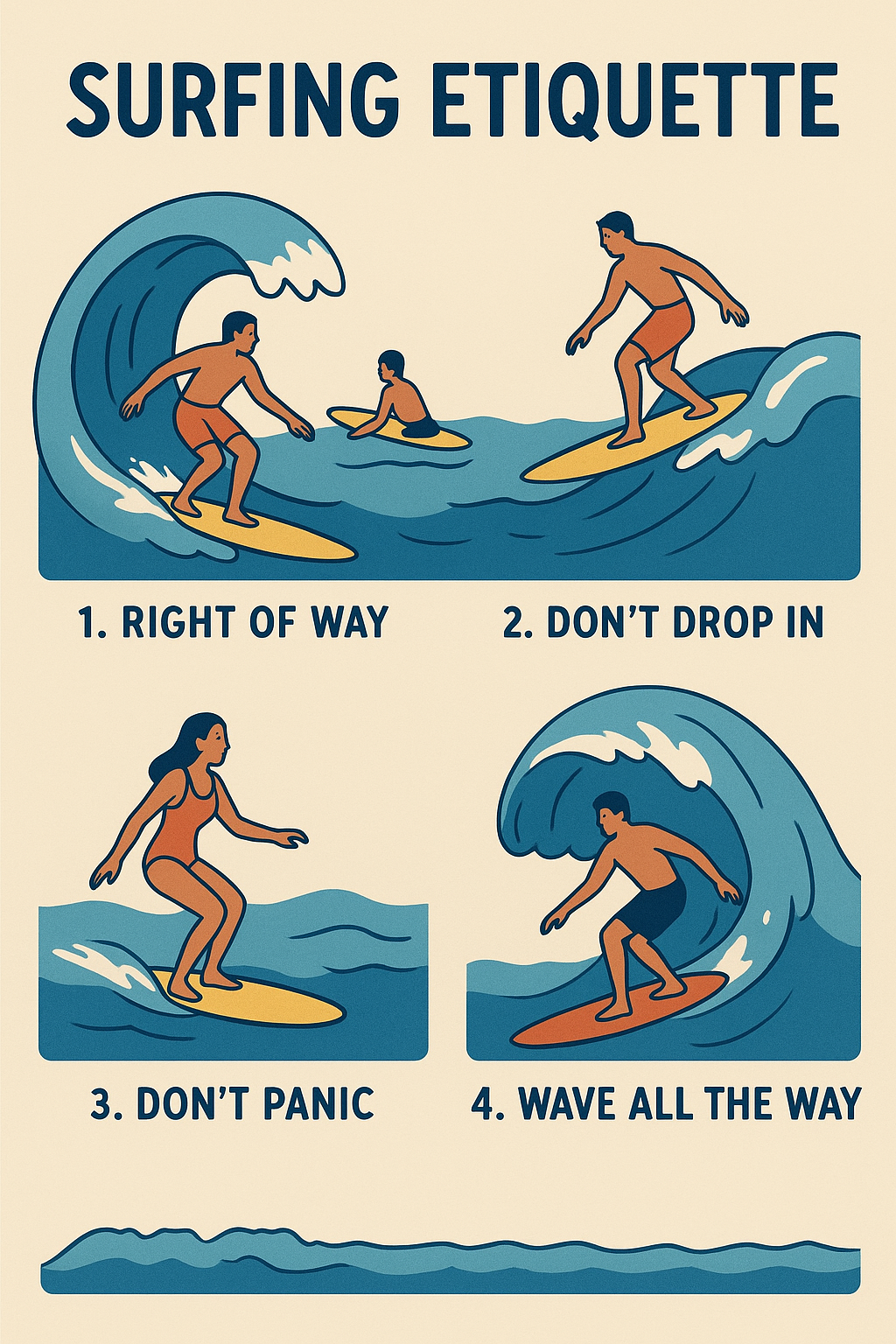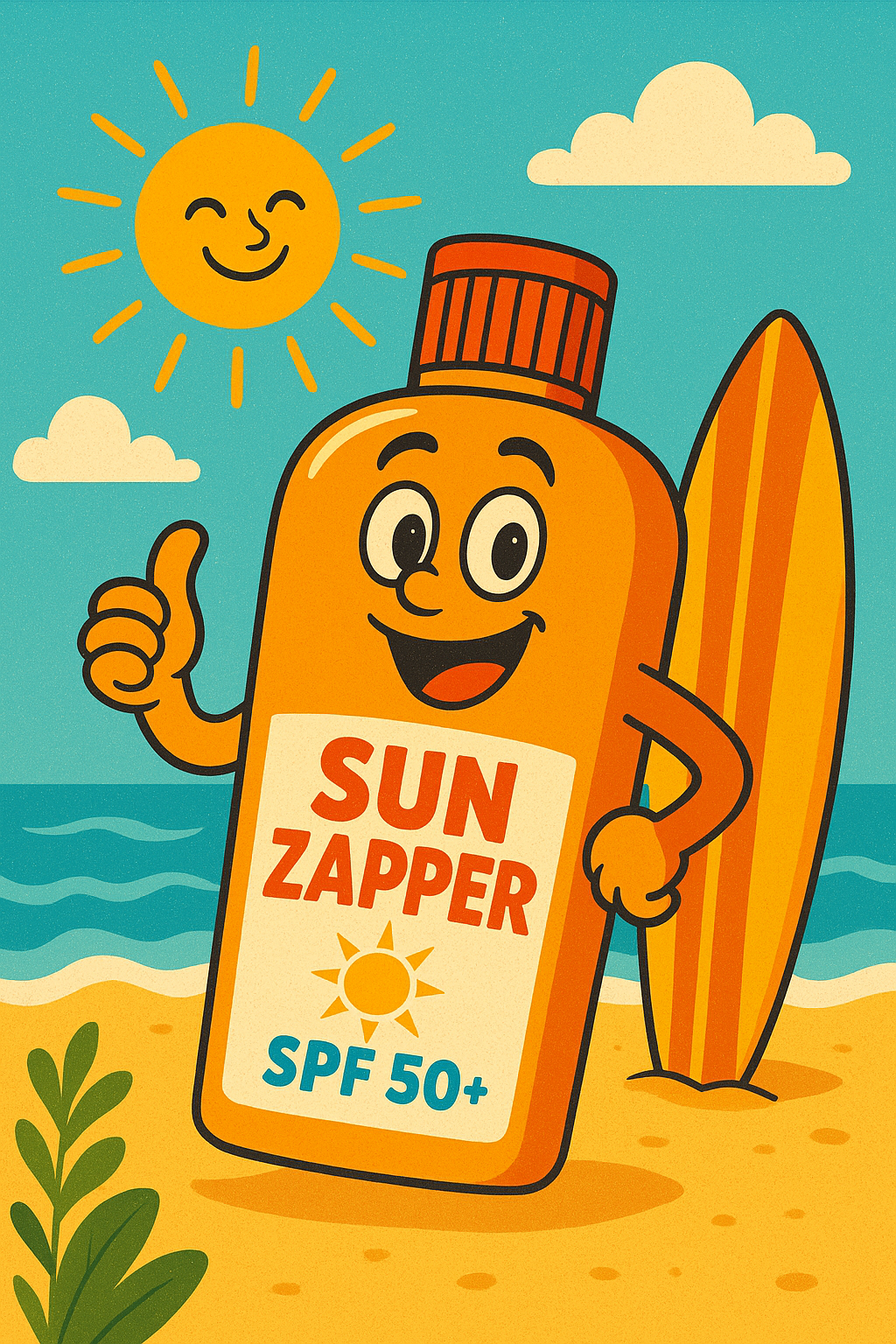This information is directly from the Skin Cancer Foundation.
When used as directed, sunscreen is proven to:
Decrease your risk of skin cancers and skin precancers. Regular daily use of SPF 15 sunscreen can reduce your risk of developing squamous cell carcinoma (SCC) by about 40 percent, and lower your melanoma risk by 50 percent.
Help prevent premature skin aging caused by the sun, including wrinkles, sagging and age spots.
What does SPF mean?
SPF stands for Sun Protection Factor. The number tells you how long the sun’s UVB rays would take to redden your skin if you apply the sunscreen exactly as directed compared with the amount of time without sunscreen. So, if you use an SPF 30 product properly, it would take you 30 times longer to burn than if you used no sunscreen.
Who should use Sunscreen ?
In short, EVERYONE over 6 months of age.
Choosing a sunscreen: What to look for
Broad spectrum: Protects your skin from both UVA and UVB rays.
SPF 15: Ideal for every day, occasional exposure, like walking your dog, or driving to work.
SPF 30 or higher: Necessary for extended outdoor activities, including distance running, hiking, swimming and outdoor sports. SPF 30 is a must if you work outdoors.
Water resistant and very water resistant: For swimming or intense exercise. No sunscreen is waterproof; they all eventually wash off. Sunscreens labelled water resistant are tested to be effective for up to 40 minutes of swimming, while very water resistant sunscreens stay effective for up to 80 minutes in the water.
When Should I use Sunscreen?
Every day! The best practice is to apply 30 minutes before venturing outside to allow the sunscreen to bind to your skin. Reapply every two hours of exposure and immediately after swimming or excessive sweating.
Even when it’s cloudy, up to 80 percent of the sun’s UV radiation reaches the earth. Going unprotected on an overcast day can lead to skin damage.
We highly recommend Ecosol Sunscreen products and Yallingup Zinc








